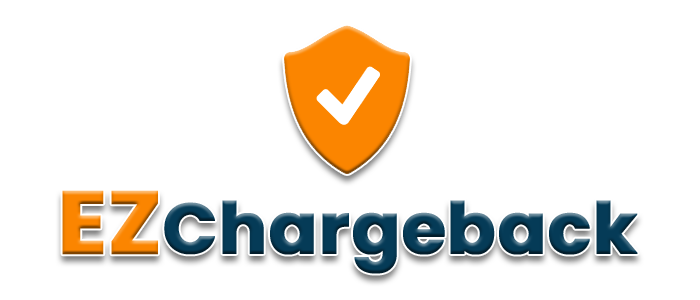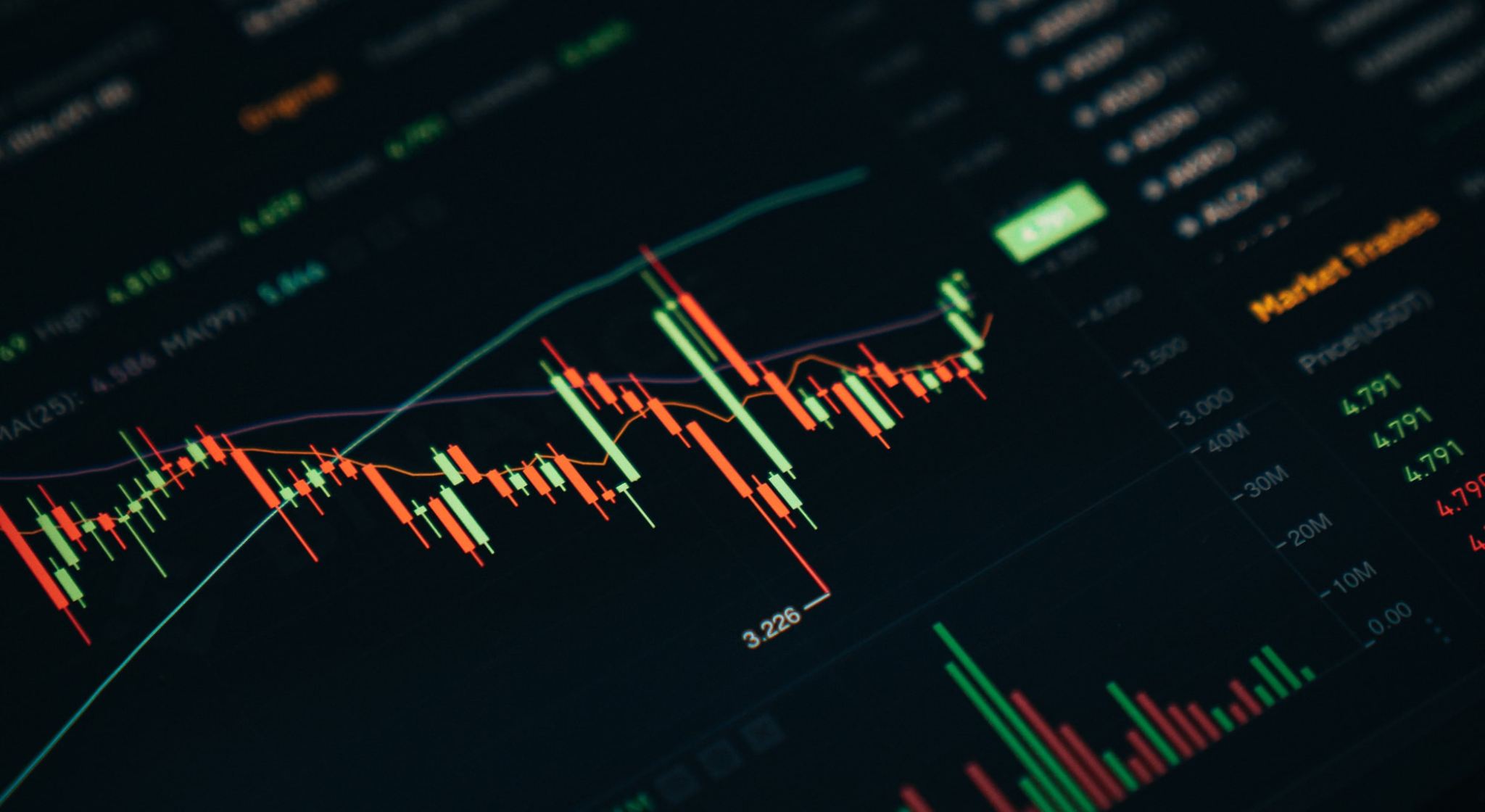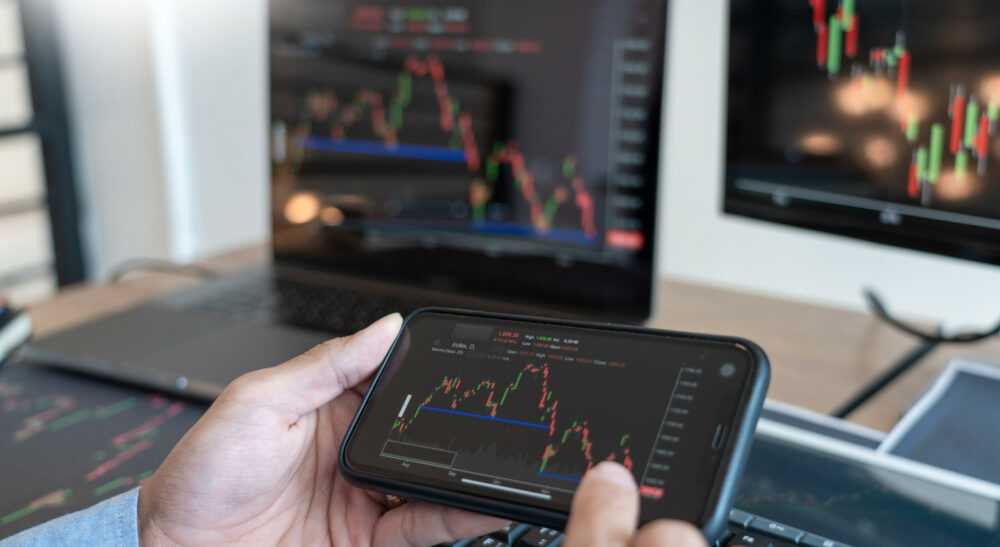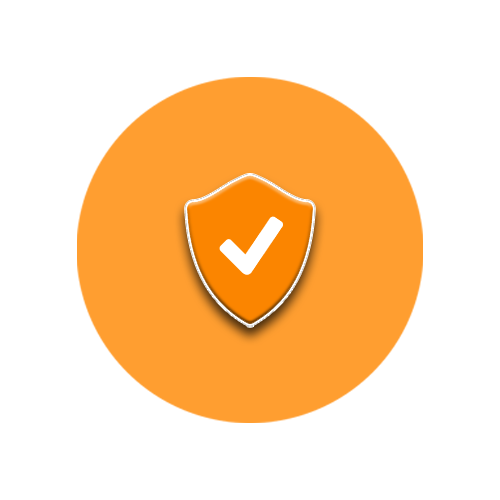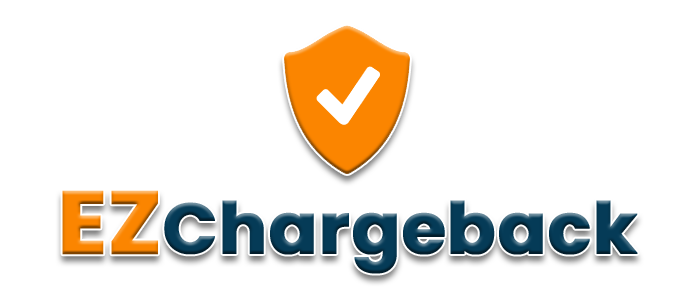Banking Scams All There is To Know About Scams That Have Been Robbing Us of Millions!
Excerpt: Scammers are constantly thinking of new ways to scam people through banking as the world evolves. It is safe to assume that you are being scammed if anyone asks for your bank or personal details. The most effective method of avoiding having your bank account or other personal information compromised is to be proactive in controlling who has access to your information.
Introduction
One of the most vital responsibilities that a bank or any financial institution has is to protect the institution’s financial assets. Therefore, it is always recommended to do a reality check and watch out for bank fraud increasing now more than ever. Bank scams are a typical way for criminals to access our personal and private information. It is defined as the illegal attempt to acquire access to the funds and assets of its customers through deception and is considered a criminal offense in many jurisdictions. Scams in the banking industry happen when someone seeks to obtain dollars or other assets from a financial institution or from consumers of that financial institution by impersonating a bank official.
Scammers can use numerous methods to trick people into giving up sensitive information like bank account numbers and passwords. According to the Federal Trade Commission, In 2020, 2.1 million scam reports were reported by people.
We do not wish you and your loved ones not to back off from the numerous benefits and perks banks offer, but we expect everyone to stay safe in this growing world of technology. So, familiarize yourself with the most common bank scams and blacklisted companies to know what proactive measures you can take to avoid them. If you want to learn more about the different kinds of banking scams prevalent today and how to prevent them, sit back, relax and continue reading!
Latest News & Scam Alerts
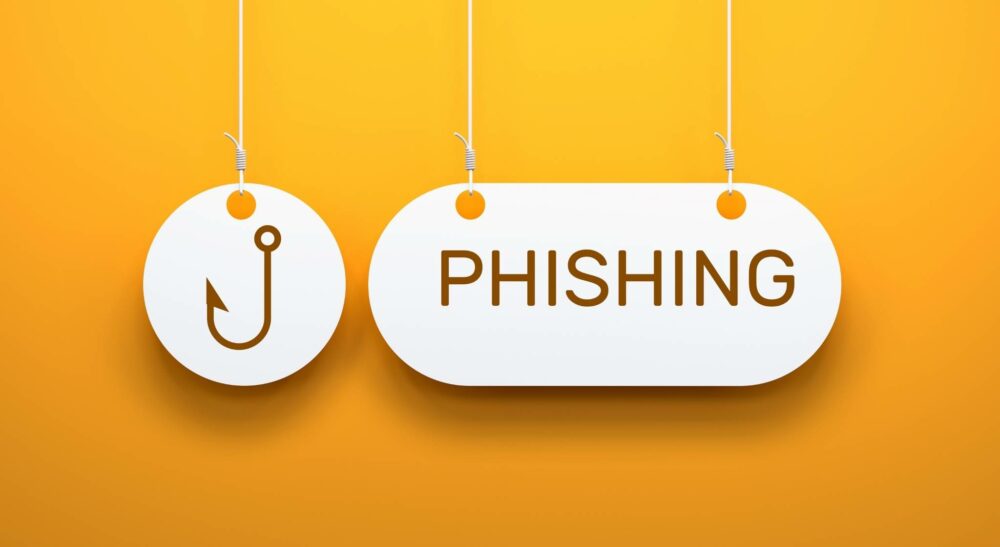
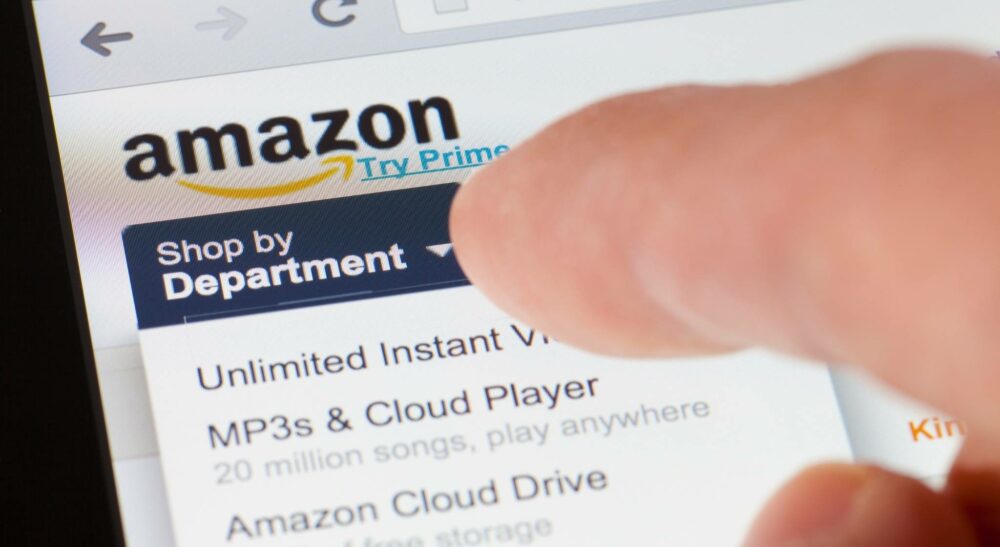
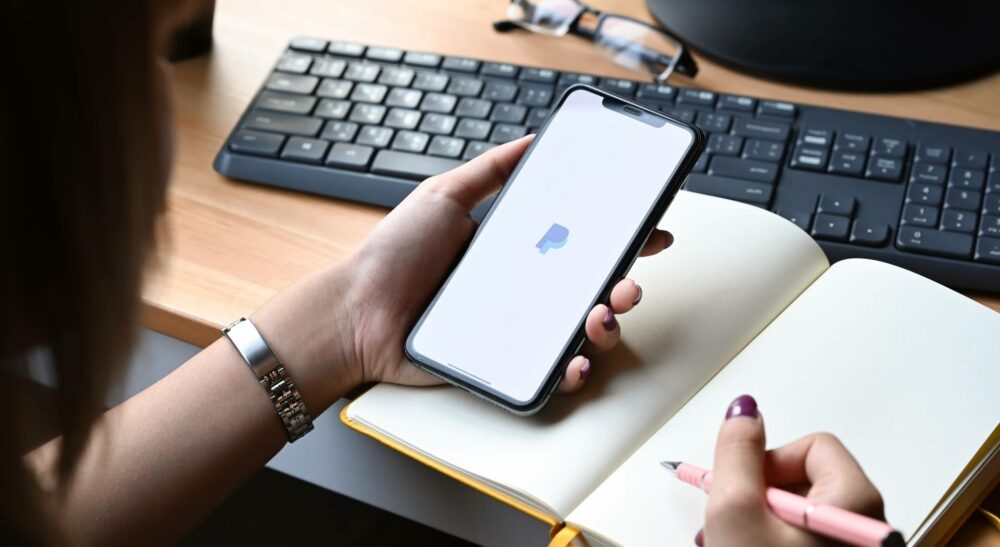
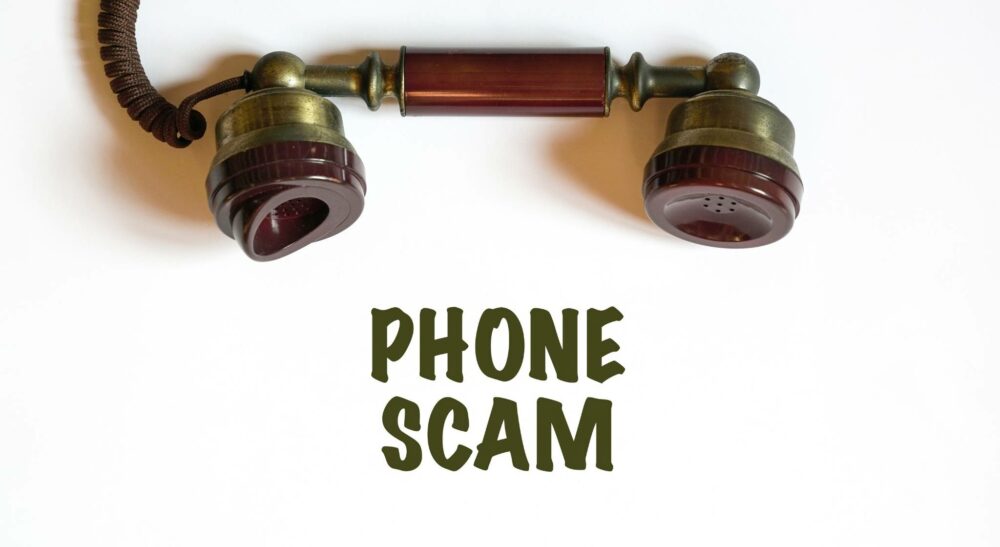
The Latest 411 on Current Day Cell Phone Scam
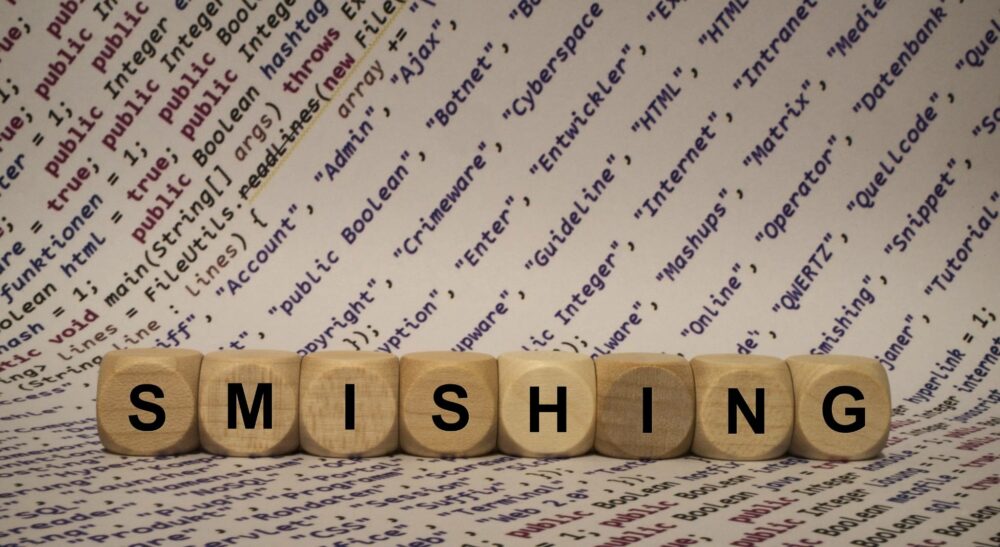
Smishing: A Whole New Level of Scams & Frauds
Only about 13% of scam victims actually report the scam. It's discovered that in 2020 Australians lost over $634 million
JOURNAL OF BANKING, FINANCE & INSURANCE
If you’re someone who wants to protect your financial data, then you’re definitely at the right place. We can give you the best practices in identifying red flags as well as help you in recovering your stolen money from scammers!
Table of Contents
CHAPTER 1: The Evolution Of Banking Scams: From Old Times To The Modern Pandemic
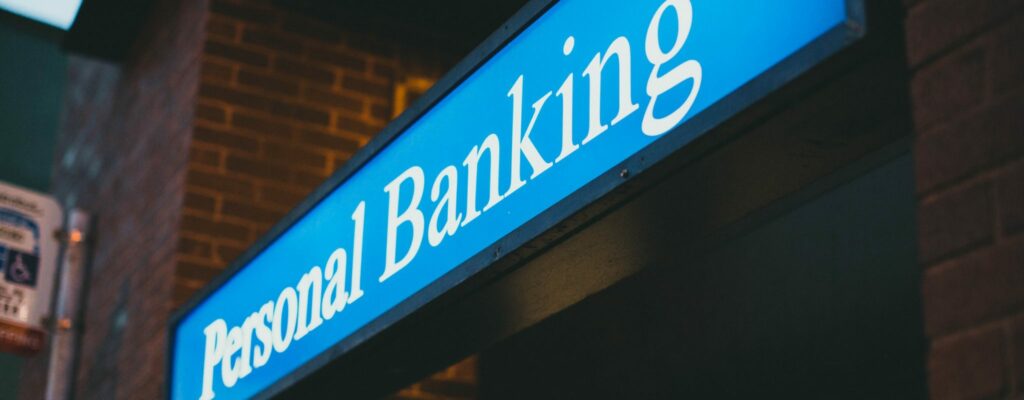
Scamming is all around us in many forms. As banking scams haven’t been around forever, do you ever wonder how we got to this point? Banks have been fighting against these scams for a hundred years, and the struggle continues! Basically, as long as there have been checks, there have been check scams. Scammers forge checks, impersonate account holders to cash checks, steal them, trap people into giving them to them, and so much more.
The Origin
Considering the origins of the check, it started about 2000 years ago when humans began to use tools that were quite similar to a check. In the 1500s, cashiers in the dutch republic accepted deposits for a fee and paid out money to anyone with a note from the depositor. After around 100 years, this practice became common throughout Europe, and because the notes were all handwritten, scams were on the rise.
The Invention of The Modern Day Check

In 1717, the Bank Of England started using pre-printed forms for withdrawals which gave birth to the first modern-day check. The banks could quickly check for issues and inaccuracies as the numbers were printed on check papers. It was designed to reduce scams which further led to the Bank Of Newyork adopting the policy, and they started using checks in 1984. However, in 1811 the Bank Of Scotland created the first personalized check. They started issuing it with the customer’s name on the side of the check to reduce fraudulent transactions.
As checks became more popular, scams increased. Governments created laws such as the Bill of exchange act 1882 and the negotiable instruments act 1881 in India to mitigate the growing scams. Banks also strived to develop technologies that could help minimize fraud.
MICR Comes Into Existence
What created another layer of the scam was Magnetic Ink Character Recognition (MICR) on the checks. What happened was that this ink made automatic sorting possible and decreased the amount of time needed for a check to clear. As it increased the popularity of checks to the highest levels, so did scams because scammers began buying MICR printers and became skilled in using them.
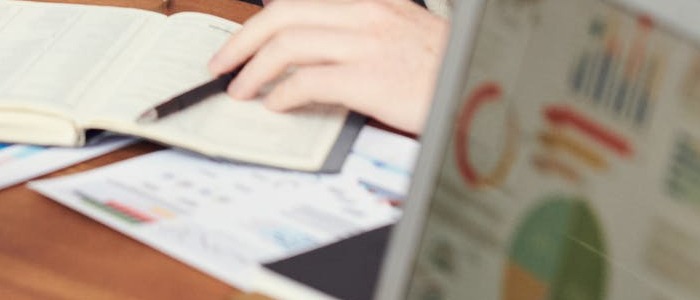
CHAPTER 2: Bank Scams You Must Watch Out For in 2022
After their peak in 1990, electronic forms of payment replaced checks, although people still use them. However, scammers adapt their techniques and find new ways to steal as the world evolves with advancements in technology.
Over the past two years, the pandemic has created ideal conditions for any banking scam to proliferate. It is perhaps the result of a change in the everyday behavior of people, such as the shift to remote working, increased home deliveries in the world of e-commerce, and especially, the sudden shift of banking transactions onto digital channels as branches closed and banks switched to digital media to provide their services.
According to Synovus, social distancing led to a significant increase in online shopping, which caused consumer spending to increase to $105 billion in 2020. Scammers took advantage and stole millions with the help of false information, unauthorized credit cards, gifts cards, and digital wallets to make fake purchases. When the payments ultimately got rejected and returned, businesses got stuck with the bills.
In the fraud report published in December 2020, the Association Of Certified Fraud Examiners found that 80% of respondents had seen rising scams. Either they were the victims, or they knew someone who became a victim. 90% said they expected a further increase in the coming year. Hence, bank scams rose by 72% by the end of 2021.
Although today we are facing a time full of challenges for the global banking sector, perhaps due to the onset of covid 19 pandemic, it was way before that the banking institutions started to face the problem of growing online scams. These problems have only worsened, and the history above tells us that scams tend to rise during big recessions.
Keep reading to learn about the most common banking scams and what you can do to protect yourself and avoid them from occurring in the first place.
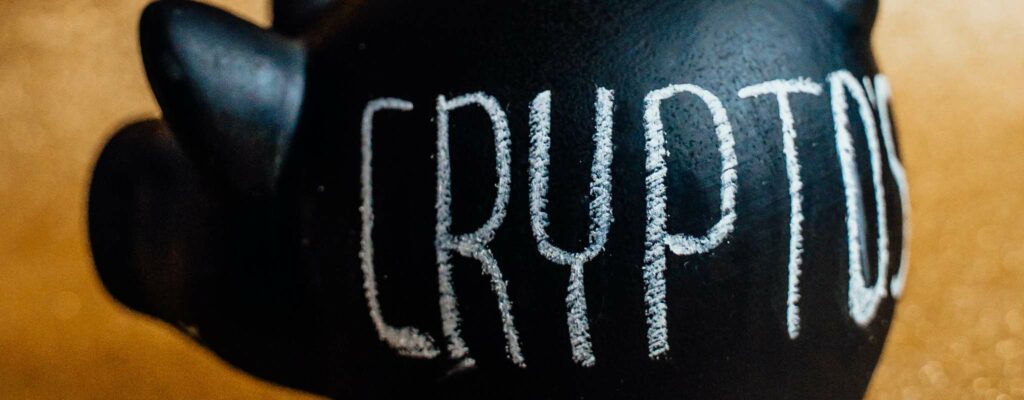
Overpayment Scams
Online purchases are a convenient way to shop. Still, this convenience comes with significant risk as it becomes confusing to determine the identity and genuineness of the person you are dealing with. You may be wondering how shopping is linked with an overpayment scam? The answer is that you are likely to become a victim of an overpayment scam if you provide services or sell things online. With the growing influence and power of e-commerce, people have been attracted to the trend of online shopping and payment on the internet market.
Unfortunately, in an attempt to be the best and to achieve instant success and popularity, companies tend to become non other than what is known as; scammers. One should understand that online shopping comes with benefits but at the same time with a significant risk of forgery and scamming. Such scamming has a brutal impact on the victim and almost always has to do with placing the victim at a financial disadvantage.
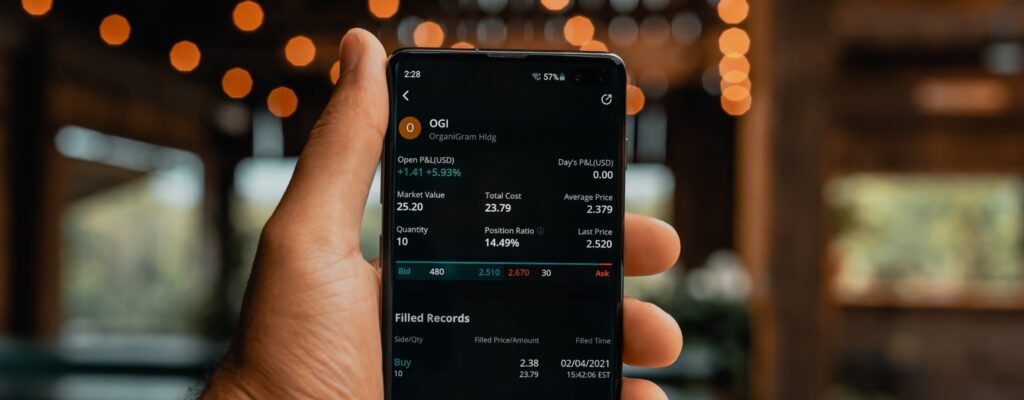
How do they work?
These scams are often initiated by someone sending you a counterfeit check or money order for a sum more than the amount outstanding on your account. After that, they will ask you to deposit the money in a bank and pay the difference back to you using a wire transfer. Unfortunately, because the check was forged, you may be liable for a returned check fee from the bank. You’ll not only lose any payments you transferred to them, but any items you shipped to them as well.
An overpayment scam may target you if you sell something online, as a business, or through classified advertisements. In most cases, the fraudster will contact you, make you an offer that is frequently reasonably attractive, and then demand money via credit card or check. They will be for a sum more considerable than the price that has been agreed upon.
The fraudster will contact you to express regret for the overpayment and provide a fictitious explanation. You can be told that the additional money was provided to pay the agent’s fees or extra shipping expenses by the con artist. Alternatively, they might claim they made a clerical error when writing the cheque. The fraudster will then ask you to refund the excess amount, or they will ask you to transfer the sum to a third-party account on your behalf.

They will ask for this in the form of an online banking transfer, a preloaded money card, or a wire transfer such as one made through Western Union. When you check their bank account, you learn that their cheque has bounced or their credit card stolen or forged. Online sales, mainly through classified websites, are a contemporary twist on this scam in which the fraudster appears to have received payment for a more extensive amount than agreed upon by issuing a bogus receipt of payment through services such as PayPal.
The scammer will claim that the money is being kept until you send in the additional funds that have been requested. If you send any money, you will not be reimbursed in any way. Even if you have already sent the ‘sold’ item, you will be unable to retrieve it. A minimum of the scammer’s actions will have been to waste your time and prevent you from accepting any legitimate offers on your property for sale.
For example, a company in Missouri got its sign-in details stolen by a scammer, and the attacker was able to steal $440,000 in an overpayment scam. Moreover, in the all-too-popular secret shopper scam, the artist convinces someone that they have been hired to be a secret shopper for a bank. Here, the scam artists instruct the victim to send money through that institution, and if they do this, they will be compensated for the money they sent us, a ‘secret shopper’. However, after they wire the funds, the other part disappears, and the victim never gets their money back. Consumers have suffered mentally, physically, and emotionally due to banking scams. Devastating!
HAVE YOU BEEN SCAMMED AND NEED HELP IN FIGHTING BACK?
Scammers can create complex scams that can trap even the most cautious of people. But it’s not too late because we can help you track the damage done by scammers.
We can help you get your money back!
How to identify a fake check?
Fake checks are at a spike, accounting for nearly a third of complaints in the National Consumers League and other agencies. Even if the accounts have funds available, you may have been paid with a counterfeit check. In fact, with today’s technology, it is easy to copy a real check and print a fake one that looks authentic.
Basically, you are instructed to deposit the check and then forward some portion of the deposit elsewhere as advance fees that will allow you to collect a jackpot. However, by the time your bank discovers the check is fake, which can take two to three weeks, the scammers have done their part! You may even face criminal charges or have your bank account frozen.
Although spotting a fake check can be tricky to a great extent, one of the ways could be to notice the edges. All the checks have at least one rough edge. Also, a fake check contains no bank logo or the one that has been faded. Lastly, there is no bank logo and no bank address, just a wrong ZIP code. There are so many more ways apart from these to identify a fake check that you can research to protect yourself. Stay safe!
How to protect yourself from an overpayment scam?
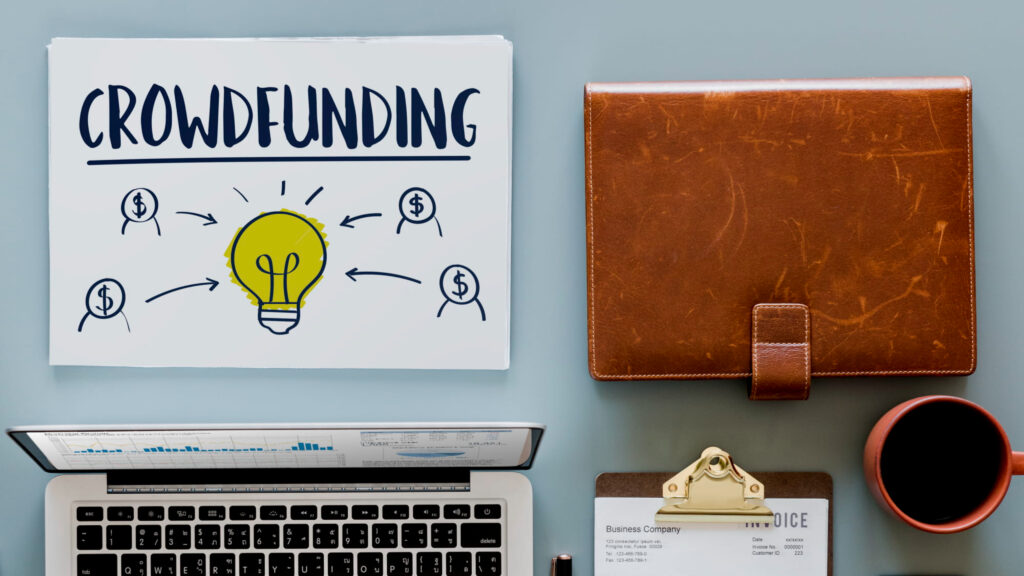
To ensure you don’t fall into the trap of such scams, report them as soon as possible. Also, one of the most effective ways of avoiding having your bank account or other personal information compromised is to be proactive in controlling who has access to your information. Even though the potential scams described here are particular to banking, they are part of a more significant phenomenon known as identity theft.
Because your bank accounts serve as the conduit via which you access and interact with so many elements of your financial life, scammers are ready to take advantage of any opportunities to exploit any vulnerabilities associated with your financial transactions.
Scammers are getting more skilled every day as the world evolves to get hands-on your dollars. Follow steps like shopping on secure websites, avoiding public WiFi, and using strong passwords to prevent them from happening in the first place!
Check Cashing Scams
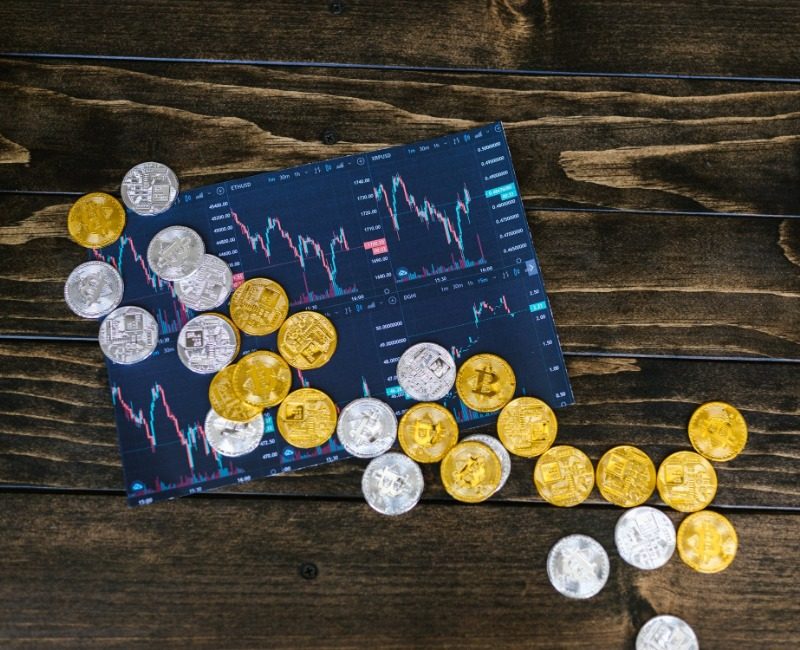
Did you ever receive an unexpected cheque in the mail and thought, Damn, Free money? However, act slow. Cashing that unexpected ‘windfall’ may result in losses or reveal your personal information to scammers. According to the latest reports from the Federal Trade Commission, complaints about check cashing scams remain in the ‘top ten fraud categories’ and were rising during the first quarter of 2021. These checks may arrive by special delivery and require a recipient’s signature, but don’t fall into the trap. That is a part of their plan to make the check seem legitimate.
The check-cashing scam is yet another type of check-related scam. This scam preys on the sympathy and kindness of others, preying on their vulnerabilities. Upon leaving a bank or other financial institution, a stranger approaches you and asks if you would be willing to cash their check for them. They may state that they do not have a bank account with this institution but require the funds. You can deposit the check and withdraw cash from your account to give the individual their money. The clearing process, on the other hand, can take many days. Therefore, the funds are held against your account if the cheque is not cleared properly.
If someone you don’t know writes you a check and then demands that you return the money, that is a fraud. Fake checks come in a variety of shapes and sizes. They can take on the company’s appearance or personal checks, cashier’s checks, money orders, or electronic checks, among other things. Here’s all you need to know about check forgery scams.
During a phone check scam, a stranger asks you to deposit a check — sometimes for several thousand dollars and frequently for more money than you owe — and then pay a portion of the money back, either to them or someone else. The scammers always have a compelling story to tell to justify the overpayment. They can claim that they are stranded outside of the country, that they require your assistance in paying taxes or fees, that you will be required to purchase supplies, or something else.
Why and how do these scams work?
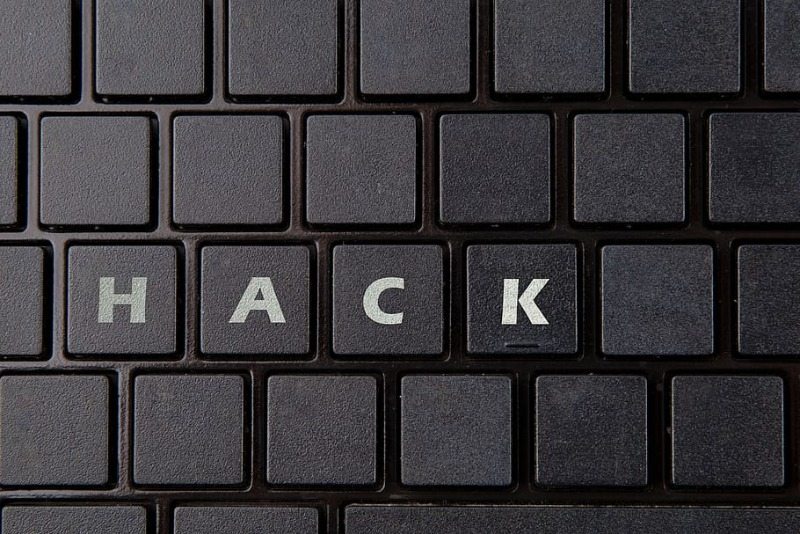
Such scams work because fake checks look just like real checks, even to banks. As they are printed with the names and addresses of legitimate financial institutions, it can take weeks or months for the bank to identify whether the check is real or fake. Congratulations, you have been hired! Unfortunately, later scammed. Fake checks often run together with job-search scams. You may hear that you have been hired and instructed to deposit a check in your bank account, then withdraw most of the money and transfer it to someone else.
Victims are told to keep several hundred dollars of the money as payment, and when checks are later discovered to be faulty, the banks reverse the deposit, and the victims are left liable for the funds withdrawn. Moreover, even if you are not asked to forward, unexpected checks can still be scams. You might be responsible for the amount of the counterfeit check, your endorsement might give account information to scammers, or you could receive follow-up attempts to phish for financial information.
Once a client shared her experience on the internet with others. She said that she and her husband received a check for $1950, but they were expecting a warranty rebate check from trading cars. They got the check with an auto log on the envelope and deposited some cast part of the check. She says that she had some bills to pay off a few days later. When she went to the bank, she found out that her account had been overdrawn. Her account got frozen, and they had to pay all that amount back. She sums up her experience of the cash check scam in the following words, ‘I thought these pennies were from heaven when in reality they came straight from hell.’
Fake checks are a part of many scams such as mystery shopping, getting hired as personal assistants, car wrap decals, and overpayments discussed above.
How do I protect myself?

To avoid cash checking scams in the first place, notice the small details in the cheque. For example, apart from edges, bank logos, and address, notice the amount mentioned on the check. Usually, it is less than $5000 because of federal rules. Checks of $5000 or more are subject to more extended holding periods. Also, fake checks are often lighter than the paper used for authentic checks. They also may seem slippery.
Lastly, the bottom of every check has a series of digits in an unusual font, representing the bank routing number, the account number, and the check number. That distinctive and unique font is called MICR, and specialized check-sorting machines can read that. Fake MICR numbers, on the contrary, are often shiny.
Nevertheless, never accept long-distance payments from money orders, cheques, or anything printable. If the client or person keeps refusing to go through another way of payment, just ignore them as they are scammers trying to loot you.
Thus, don’t cash the unexpected cheque and don’t keep the change. No legit company will overpay you and ask that you transfer the difference back to the company or some other party. Do not accept any check-in, an amount more significant than you are owed. Also, check the sender’s method of communication as real businesses rarely communicate through social media or messaging apps.
Also, know the hallmarks of the scam, such as typos, mismatched names, and pressure from them to act quickly. Lastly, remember that fake checks often have a legitimate companies’ account number with the correct bank routing number. To verify the check, call the company directly, and do not use any telephone number that appears on the check or any instructions you have received along with it.
Stop further losses if you have already been scammed. Freeze your accounts and place a scam alert. Keep records as recovery is an option. File reports to the Federal Trade Commission or State Attorney General, and be vigilant always!
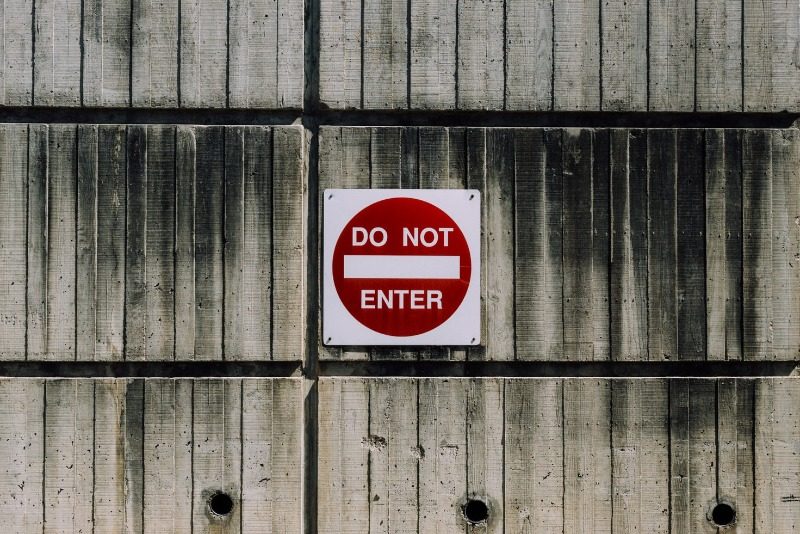
Unsolicited Check Fraud
Sometimes you may receive a check that you may not be expecting. As tempting as it may sound, these unsolicited checks can be a scam. It could be in the form of a rebate cheque or a refund for the excess payment. Scammers have developed numerous check scams, including a request to deposit a check and wire or transfer some amount of that check back to the sender or another recipient.
Hence, these unsolicited checks can be linked with fake checks too. Scammers fool their victims by receiving the transferred funds before the bank or the financial institution where the victim deposits the check determines it is a fake. Then, once it is defined as a scam, the victim is required to pay the financial institution or bank back for the amount of the fraudulent check.
Unsolicited checks can look very realistic, and the scams are sophisticated. Nowadays, Scammers choose victims through the ‘work from home’ website or Craigslist. According to the Federal Trade Commission, Unsolicited check frauds cheated Americans out of more than $28 million in 2019, and most of them were young adults.
According to the American Bankers Association, In 2018, the total amount of unsolicited check scams rose to $15.1 billion, accounting for nearly half of bank deposit scams that year. Though the banks blocked more than 90% of attempted check fraud that year and blacklisted many banks, Americans still lose more than a billion dollars to scams every year.
How can unsolicited check scams affect me?
Basically, if you deposit a check that turns out to be fake, you are very likely to be held responsible for the money it contained or the money you spent through it. According to the Federal Trade Commission, the median amount lost in check scams is around $2000. This amount is relatively higher than all other types of scams. Hence, check scams may cost you more than just money. Woah!
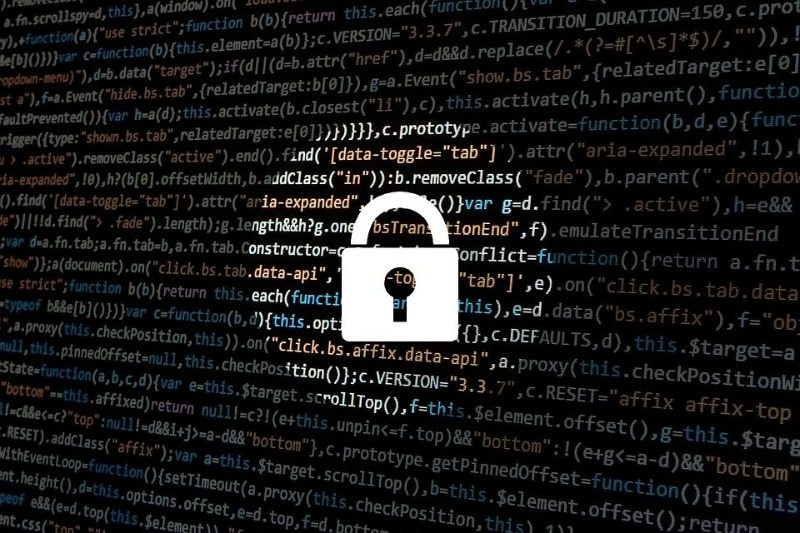
Along with the risk of check scams, you may be at risk of identity theft. Therefore, you can put a fraud alert on your credit reports and accounts to avoid it, as this is often free and doesn’t affect your credit scores. However, it could delay when you apply for a loan or other form of credit from the back in the future. Thus, the fraud alert may help businesses verify your identity before extending credit in your name.
An example of unsolicited check scams is explained in the following words; imagine that an unknown customer submitted a cashier’s check for more than the price of the goods and asked that you transfer the money as soon as possible. The buyer will get your goods, usually shipped on the check receipt, if you accept this request.
Nevertheless, the repercussions of knowingly participating in check scams are more severe. It is a federal crime that can lead to a fine of about $1 million or a prison sentence of more than 30 years. Stay safe!
How can unsolicited check scams affect me?
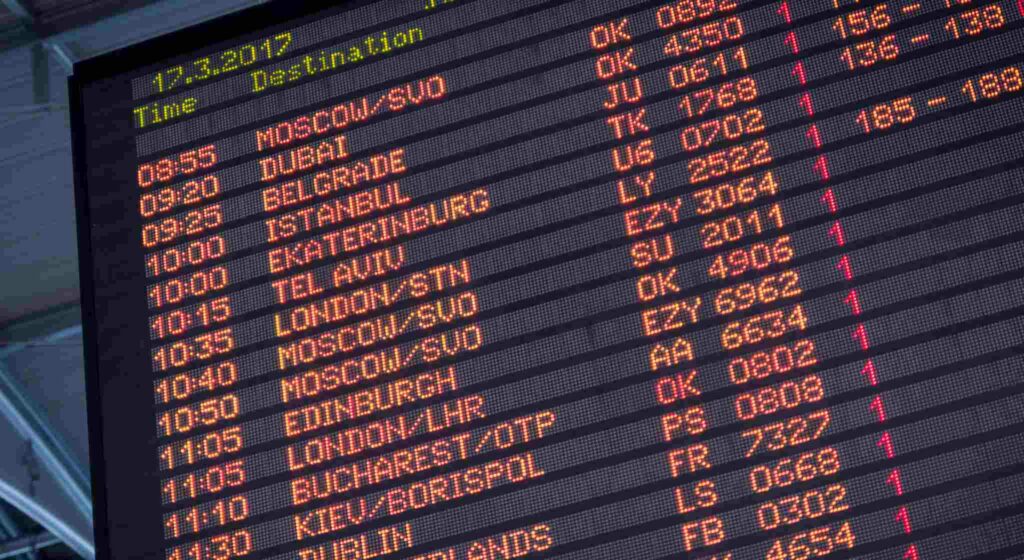
Basically, if you deposit a check that turns out to be fake, you are very likely to be held responsible for the money it contained or the money you spent through it. According to the Federal Trade Commission, the median amount lost in check scams is around $2000. This amount is relatively higher than all other types of scams. Hence, check scams may cost you more than just money. Woah!
Along with the risk of check scams, you may be at risk of identity theft. Therefore, you can put a fraud alert on your credit reports and accounts to avoid it, as this is often free and doesn’t affect your credit scores. However, it could delay when you apply for a loan or other form of credit from the back in the future. Thus, the fraud alert may help businesses verify your identity before extending credit in your name.
An example of unsolicited check scams is explained in the following words; imagine that an unknown customer submitted a cashier’s check for more than the price of the goods and asked that you transfer the money as soon as possible. The buyer will get your goods, usually shipped on the check receipt, if you accept this request.
Nevertheless, the repercussions of knowingly participating in check scams are more severe. It is a federal crime that can lead to a fine of about $1 million or a prison sentence of more than 30 years. Stay safe!
Signs of unsolicited check fraud and check scams overall
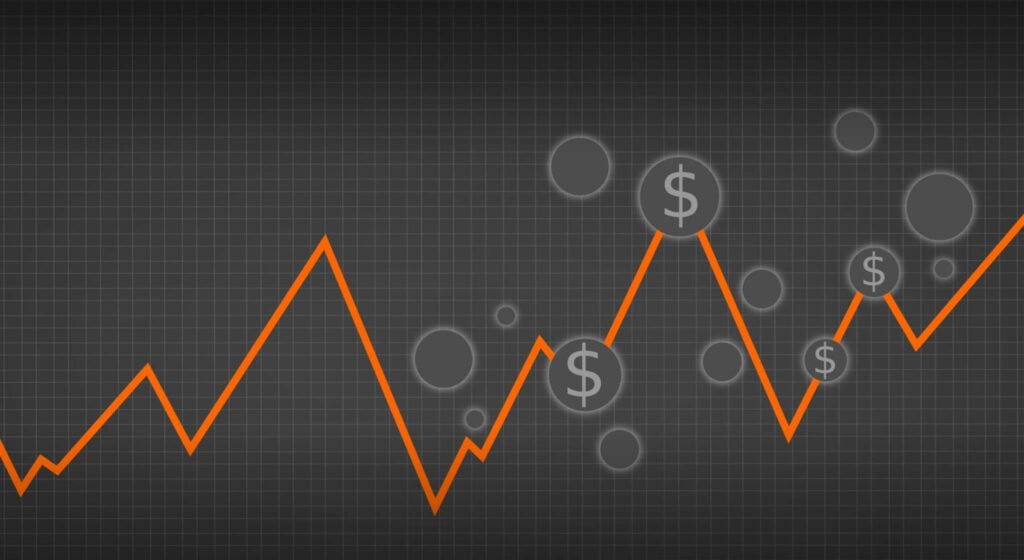
Always watch out for red flags! For instance, you may be asked to send gift cards or buy a money order. If you do, remember that it is similar to sending cash and could be impossible to get your money back. Once it is gone, it’s never coming back! Also, you are pressured to send money right away. Be aware, why the rush? The scammers want you to send money before your bank bounced the check. Sometimes, people are trapped in the scheme of believing that they have received a prize or something.
However, they should not forget that it is never a prize if you have to pay for it. In addition to this, other red flags include occasions such as being paid a check for more than you are owed, getting asked to send money overseas, and being told you won a sweepstake you never entered. In fact, sometimes, an unknown buyer offers to pay cash on delivery (COD) with a cashier’s check. It’s a scam!!
How can you stay away from unsolicited check scams?
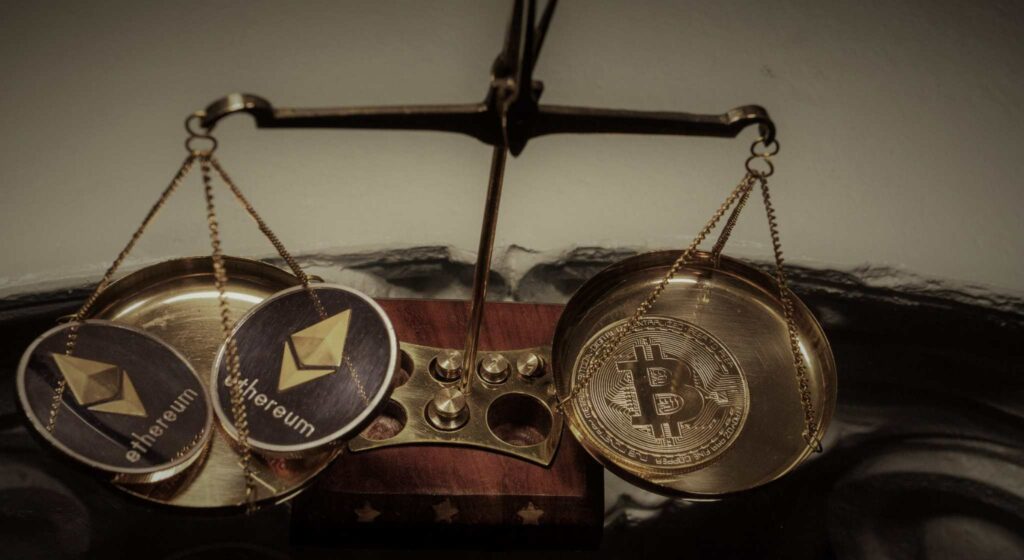
Besides watching out for red flags, you can take some more basic steps to avoid falling a victim, for example, don’t accept a check from someone you don’t know, don’t send money to strangers, whether they are individuals or companies, don’t cash a check you were never expecting and don’t forget to verify if a cashier’s check is valid before depositing it.
Examine the check from top to bottom, paying particular attention to any fine print on the front or back of the document. By signing and paying the check, there is a possibility that you are entering into a legally binding contract. Scammers employ deceptive tactics to obtain authorization for memberships, loans, and other longer-term commitments that could cost you a lot of money. Scammers are banking on you to take the cheque as free money and cash it without questioning your actions. And as mentioned earlier, If you receive a rebate or return check that you weren’t anticipating, don’t cash it.
Unfortunately, it had become very complicated to catch scams and a scammer, especially one who may have executed his crime several weeks or months before it was discovered. Perhaps because many scammers are located in foreign countries, identifying and finding them is more challenging. Also, some fake and unsolicited checks are carried out so well that they move between banks for several weeks before the scam is even discovered. It provides the scammer with plenty of time to run away.
Nevertheless, unless you know the person you are dealing with and trust them, it is recommended not to rely on money from any check until your bank confirms that the check has cleared. It can take very long to untangle scams. Lastly, the bottom line is that you will be held responsible for any money you withdraw against the check unless the bank confirms that the funds from that check have been credited into your account.
WORRIED THAT SOMEONE HAS YOUR PERSONAL & BUSINESS INFORMATION?
With how easy it is for scammers to acquire your data, it’s reasonable to be alarmed. Protect yourself and your loved ones by getting advice from experts.
We will guide and even help you get your money back from scammers.

Automatic Withdrawal Scams
Apart from overpayment, check-cashing, and unsolicited check scams, fraudulent telemarketers have found other ways to steal your money, such as automatic withdrawals, this time from your checking account. Consumers worldwide are raising their complaints regarding the unauthorized debits from their checking accounts. Automatic withdrawals can be a legitimate payment method; these are convenient to automate your savings, bill payment, and other financial tasks. As it is so popular, many people pay mortgages or car payments this way.
However, automatic withdrawals are also popular with scammers, but for different reasons. It is possible to fall victim to this hoax by receiving a phone call or a postcard informing them that they have won a prize or qualified for a special offer. The idea is to get you to read the numbers at the bottom of your checks off of your checkbook. They frequently justify this to ensure that you are eligible for the offer. Having obtained your checking and banking information, the scammer places it on-demand draught, which is processed similarly to a check but does not necessitate the use of a signature.
When your bank receives the draught, it will move money from your checking account to the scammer’s account to pay him. If you do not pay close attention to your regular bank activities, you may overlook the fraud until it’s too late. Don’t forget, if you give your checking account number to a stranger over the phone for verification, that person could take advantage by misusing it to make money from your checking account.
How do automatic withdrawal scams work?
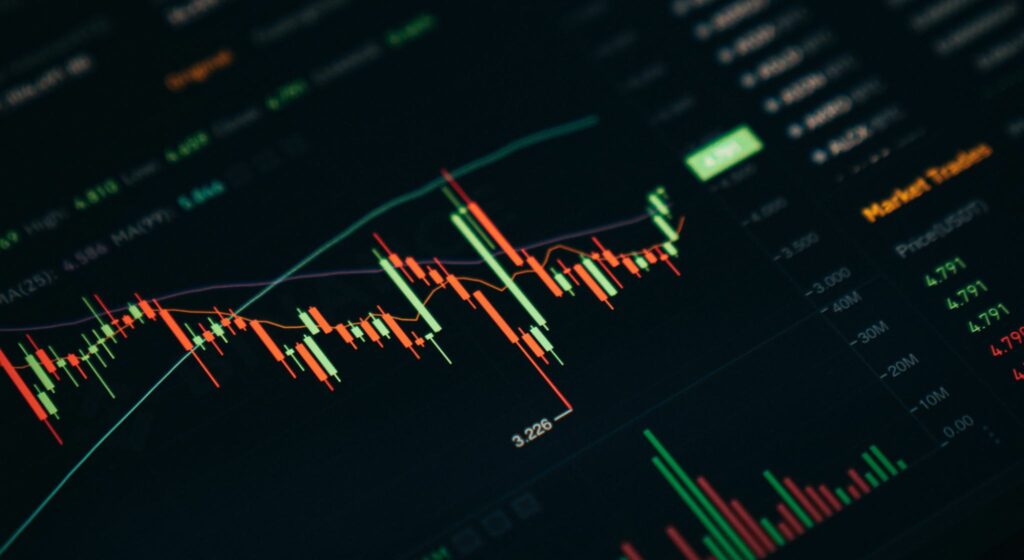
How this scam works is similar to the scams mentioned above. For example, you could get a postcard or a telephone call saying you have won a free prize or can qualify for a major credit card, regardless of past credit problems. If you respond to the offer, the scammer often asks you right away, “Do you have a checking account?” If you say “yes,” the scammer could go on to explain the offer. That offer may sound too tempting to let go of. However, you need to get rid of it asap.
Moreover, towards the end of the sales pitch, the scammer may ask you to get one of your checks and read off the numbers at the bottom. Some clever scammers may not tell you why this information is needed. Although others may tell you the account information will help ensure that you qualify for the offer. And in some cases, the legitimate scammer will honestly explain that this information will allow them to debit your checking account. How clever!?
Now, once they have your checking account information, it is put on a “demand draft,” which is processed much like a check. That has your name, account number, and amount. However, unlike a check, the draft does not require your signature. When your bank receives the draft, it takes the amount on the draft from your checking account and pays the scammers bank. You may not know that your bank has paid the draft until you receive your bank statement. Insane!
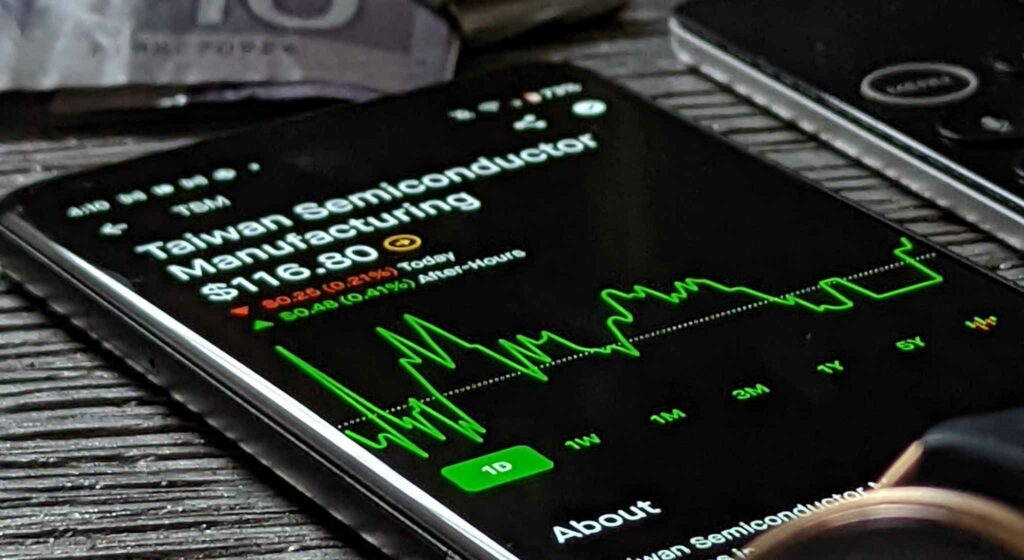
Stay away from automatic withdrawal scams!
Every year many Americans come under the traps of scammers through automatic withdrawal scams. Often, they may be offered a free item only to find that it was not free, and they may be charged recurring withdrawals, which they did not expect. While the situation is a lot serious and troublesome, there are some steps you can take to prevent automatic withdrawal scams from happening in the first place.
People are recommended l to never give out their bank account information over the phone, especially if they do not regularly do business with the company. It is much safer to provide credit card information over the phone if the deal is too important. You should also carefully review your bank statement each month and if you come across any unauthorized activity, immediately report it to the bank. Since many unauthorized withdrawals occur when scammers convince people to provide bank account information over the phone, you should be aware of any high-pressure sales talk.
Be very careful when authorizing one-time automatic withdrawals because these can inadvertently become regular withdrawals from your accounts. Read the fine print on any automated withdrawal authorizations to ensure they won’t become ongoing or that you can cancel them at any time. Also, be prudent and apply your common sense, as scammers can also use the information you provide for automatic deposits to withdraw funds without your consent. Verify any deposit or withdrawal agreements in detail, and as mentioned earlier, ensure the people or institutions you’re dealing with are those you know very well.

You can ask your banks to be alert too. For example, when someone finds out that an unauthorized automatic withdrawal has been made, they can contact their bank to report the unauthorized charge and stop withdrawals from occurring in the future. The bank then investigates the allegations and looks for all information supporting that withdrawal. It automatically puts the bank in a unique position of knowing when a business or individual makes unauthorized withdrawals from the accounts.
Therefore, they can refuse to let companies make unauthorized withdrawals repeatedly. They can also set policies that allow the bank employees to carefully screen any businesses that would like to make automatic withdrawals from customer accounts. Suppose they feel that a company is trying to commit a scam or is being dishonest with the customers. In that case, they could refuse to allow them to conduct automatic withdrawals and instead require them to present a signed check or a point of the sale receipt for every transaction. Thus, it can prove to be really helpful!
What if You are already a victim?
Contact your bank immediately. Let them know that you did not transfer any funds and ask them to stop further debiting. Also, contacting the state attorney general could be helpful too. Hence, you may get your money back depending on the timing, efforts, and circumstances. Never lose hope, and always trust yourself!
Phishing Scam
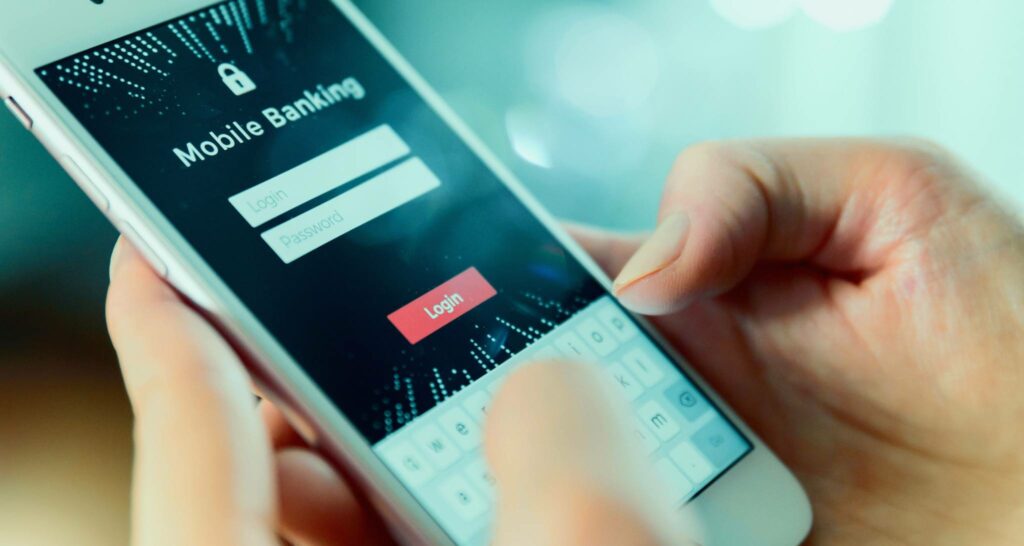
In its literal meaning, phishing is an example of social engineering attack often used to steal user data such as login credentials and credit card numbers. The scammer often masquerades themselves as a trusted entity and traps the victim into opening an email or a text. Phishers frequently use emotions like fear, urgency, curiosity and are constantly innovating to seem more sophisticated than ever,
According to the FBI’s Internet Crime Complaint Center Report, phishing is an ongoing fraud that caused victims more than $48 million in losses in 2018. How does it work? Basically, the scammer will send you an email message that appears to be from a reputable source, such as a bank, social networking site, or online store, for example. You should not respond to the email message. The communication attempts to trick you into disclosing important and sensitive personal data, such as passwords, credit card numbers, and bank account information, to the message’s sender.
For example, you can be sent to a website that appears to be authentic but was created solely to collect your personal information. Fake emails are frequently written in a hurry and with a sense of urgency. Watch out for red flags such as misspelled words, poor grammar, urgent requests, threatening financial consequences, and logos that don’t seem right. To determine if an email is authentic, open a new tab and navigate directly to the company’s official website; without clicking on any of the links contained within the suspected email. As a general rule, never click on links in these emails, react to them, seek to unsubscribe from them, and never provide personal information.
History of Phishing scams

We know that banking scams have a lot of types. If we talk about phishing mainly, according to internet records, the first time it was recorded was on January 02, 1996. It occurred in a USENET newsgroup called AOhell. Gradually, with their random credit card number generating racket shut down, phishers did what they were experts at. They would send messages to users that would request to verify their accounts and give access to their billing information.
Then, the problem intensified when AIM accounts came into existence through the internet, and then later came the concept of online payment systems. The first attack on online payment systems occurred in June 2001 on E-Gold. However, it was successful, and in late 2003 phishers registered numerous domains that matched legitimate sites such as Amazon and eBay. They used email worm programs to send spoofed emails to the customers where they were asked to visit scam websites and update their credit card information. How insane is that!!?
Later in 2004, phishing was at its peak. Popup windows maliciously acquired sensitive information from victims, leading to increased attacks on banking sites and their customers. Hence, between the years 2004-05, around 1.2 million users in the US became phishing victims and suffered losses of $929 million. Fast forward to 2008, bitcoin and cryptocurrency were launched, which changed the game of cybercriminals.
Today, phishing is recognized as a core part of the black market, and organizations lose about $2 billion every year due to it. For example, in 2020 early March of 2020, just when there was an outbreak of the Covid 19 pandemic, phishing emails were rampant such as fake CDC warnings, working from home, Netflix scams, and fines for breaking quarantine.
If you talk about email phishing, it took place in the 1970s and became standard in the 1990s. Since then, scammers have found many ways to steal people in the online world, such as through fake email addresses and data breaches. The highest amount lost was $47 million. However, online scamming didn’t end with email phishing and online payments; they included phone scams too, which originated in the 1980s. Along with these website hacks, password theft, spyware, and other similar scams on the internet increased at an alarming rate.
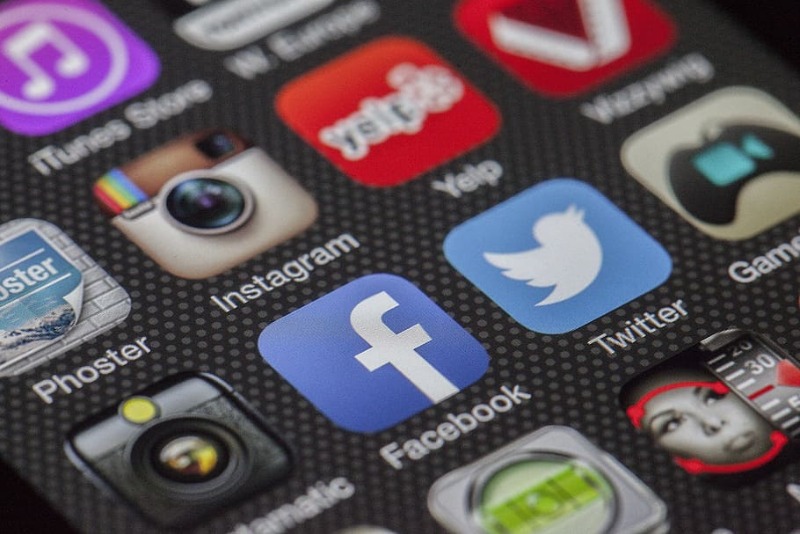
How can Phishing scammers target your family members and friends?
Scammers are continuously taking advantage of the rise of technology and ease of access to private information using social media and other methods to identify their targets. They can quickly get to know their victim’s relatives’ names, birth dates, addresses, phone numbers, locations and use this information to develop a detailed, personalized phishing scam.
Recently, a madison couple lost $80,000 to a scammer who pretended to be their grandson. Technology allows these scammers to “spoof” their phone calls to their intended victims. You may be wondering what spoofing is? It is when the number that appears on caller ID is not valid. For example, if a scammer knows your phone number, they can make a call to your family member or friend that appears to be coming from your number.
Another common way to phish friends and family members is to use social media. According to the Better Business Bureau, scammers have turned to Facebook Messenger as a means of contact. They are hacking people’s accounts on Facebook and scamming their family members and friends for money, usually via prepaid gift cards or wire transfers. In 2018, there was a case of a woman who became a victim of a Facebook grant scam and lost $8,000. In this scam, the hacker claimed to be the victim’s wife and told her that she was eligible for a grant of $120,000 but would have to pay an amount of $8,000 in advance through a gift card. After the verification via a channel other than Facebook, she found that her wife knew nothing about this, and the whole story was a scam.
Along with this, scammers call their victims, impersonate their family and friends, and say they are in trouble that requires money to fix. For example, flat tires, legal risk, requesting bail money, or medical emergencies. The victim is then asked to send cash, money orders, or is sent to purchase gift cards and provide the serial numbers to the scammer. This process happens very quickly, not giving the victim time to think through what is happening. Usually, the money is already gone when the victim realizes something is wrong. Even worse, victims are often too embarrassed to tell anyone what has happened. However, this should never be the case, and you should report and take action as soon as possible!
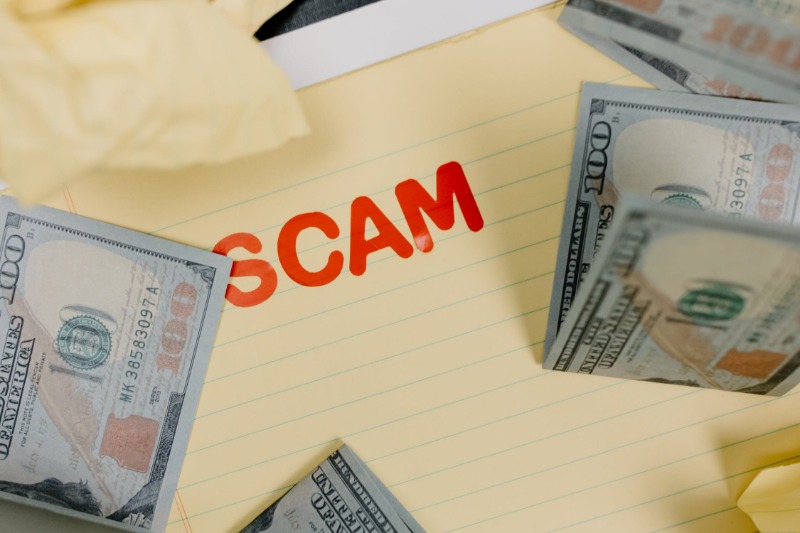
Government Imposter Scams
Moving forward, another type of bank scam involves a fictitious government official posing as a bank employee. Your phone rings, and it’s the imposter pretending to be someone from a government agency like the social security administration or IRS, calling to tell you that you’ve won a prize that requires you to pay taxes or fees before they can process your claim. They may even pretend to be someone from Medicare. Alternatively, the fraudster may threaten to send you to prison if you do not pay a purportedly unpaid bill.
Scammers may use a fictitious federal agency name, such as the National Sweepstakes Bureau, or the names of legitimate federal agencies, such as the Federal Trade Commission, to defraud victims (FTC). If you refuse to give them money, they can threaten you that something bad will happen or that you will miss out on a government benefit. Realistically speaking, you will never receive a phone call from a federal agency in which they ask for payment of any type. No matter how you look at it, it’s a scam since this isn’t a tactic that federal agencies use to collect money.
Nearly one in every five people were reported losing money in a government imposter scam, although overall reported losses were nearly $1.2 billion. Also, the median loss was $850, and almost one-third of the imposter scams involved someone pretending to be from a government agency.
How may a government imposter scam work?
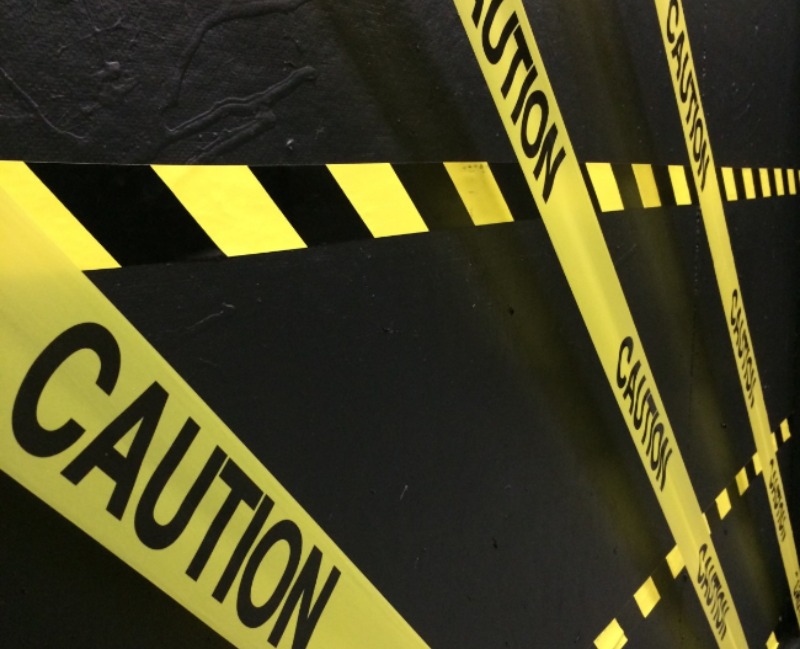
A government impersonator scam usually begins with a call, email, or text from someone who claims they are from a government agency. They might give you their employee ID number to sound official, and they might have information about you, like your name or home address which can manipulate you a lot. As mentioned earlier, they often say they work for the Social Security Administration, the IRS, or Medicare, but sometimes they give you fake agency names, like the non-existent National Sweepstakes Bureau.
This shows how important it is to research the name before you continue listening to them. They will also give you some reason why you need to send money or give them your personal information immediately. Thus, if you get a call like this, hang up asap. No wonder it’s a scammer.
Also, remember that a government agency won’t call, email, or text you and ask for money or personal information; only a scammer can have the audacity to do that. You can even get an email or a direct message on social media saying they are from the Social Security Administration and blackmail that your Social Security benefits would end, or the social security number could be suspended unless you pay immediately.
They might say that you have to pay with a wire transfer, gift cards, cryptocurrency, or by mailing cash. In extreme cases, you could be threatened to be arrested if you refuse to pay. But now, it is not the social security administration calling, and your benefits would not be suspended, nor do you owe anything. It’s just a scammer trying to get your money or your personal and private information in an attempt to steal your identity.
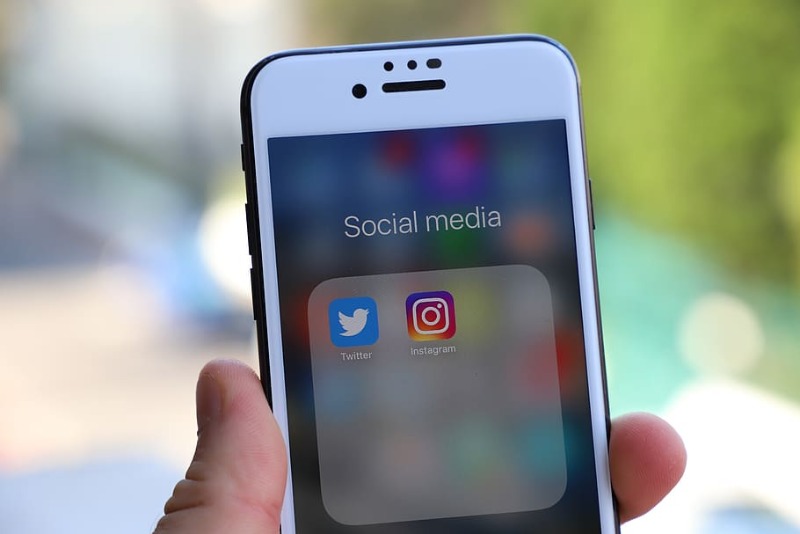
Tips for identifying fake government documents
You can detect fake documents efficiently and effectively in many ways. For example;
- Use of microscope scanners for texture analysis
- Spotting apparent errors such as spelling errors and inconsistencies between the typefaces
- Check for the unusual style of formatting
- Use of advanced visual authentication techniques
- Verification of documents against databases maintained by the government
What to do if you are a victim of a government imposter scam?
If you get an unexpected call from someone claiming to be the Social Security Administration, hang up, don’t call back the number the caller gives you, and don’t use the one that shows up on your caller ID. Ignore any calls, emails, text messages, and direct messages that claim to come from the Social Security Administration and ask you to pay or confirm your Social Security number or other information.
The actual agency will never call, email, text, or send direct messages on social media to demand money or information. Call the local office directly if you need to talk to the administration. It is not even difficult to find as it is always on the agency’s website. Also, if you gave your personal information to a scammer, go to recovery websites and search for steps you can take to protect yourself.
DO YOU NEED EXPERT ADVICE?
We have encountered victims who were mentally and emotionally drained when they were scammed out of their money.
We can help you with your legal and technical concerns and we can help you get your money back.
What’s an IRS Scam?
IRS stands for international revenue service. How an IRS scam works is that the caller says they are from the IRS and you owe taxes. They claim you have to pay immediately, and for that, the caller might threaten you, saying the local police will arrest or deport you if you don’t pay right away. They may also come up with things like saying your driver’s license will be revoked. To seem real, the caller may have some information about you, including your Social Security number or Federal Tax ID number.
They want to make you think it really is the IRS calling you. But it’s not the IRS. If you get a call like this, you can be sure it’s a scam. They cannot call you about your taxes out of nowhere. If you owe any, they will contact you through the mail. Also, now the IRS has private debt collectors who call you after receiving two letters in the mail regarding the debt. One is from the IRS and one from the collector.
Are we susceptible to tax scams?
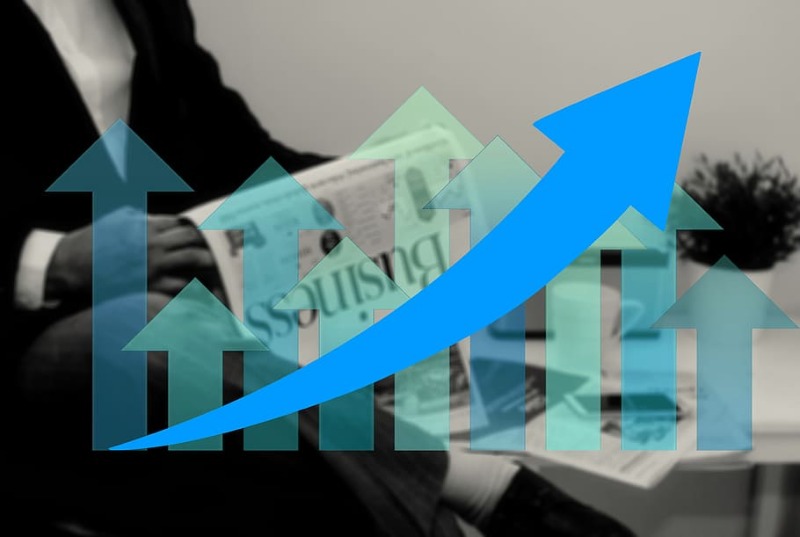
They say three things in life are certain; death, taxes, and tax scams! Scammers are on the hunt for new victims, and calling you to arrest them for not paying taxes is one of the most common ways they use. In 2021, taxpayers lost more than $4 million to scammers, with a median loss being $515 per complaint. However, the actual amount today may be higher.
We are likely to become victims of tax scams for many reasons, one of them being a lack of awareness, knowledge, and education about taxes. Many of us are unfamiliar with the tax code, which makes us worried that we are going to perform something wrong.
However, stay safe from tax scams this season by following some tips such as scrutinizing letters from scammers, researching taxes and tax preparation, getting an identity protection pin, and trusting your gut which is the most important.
Charity Scams
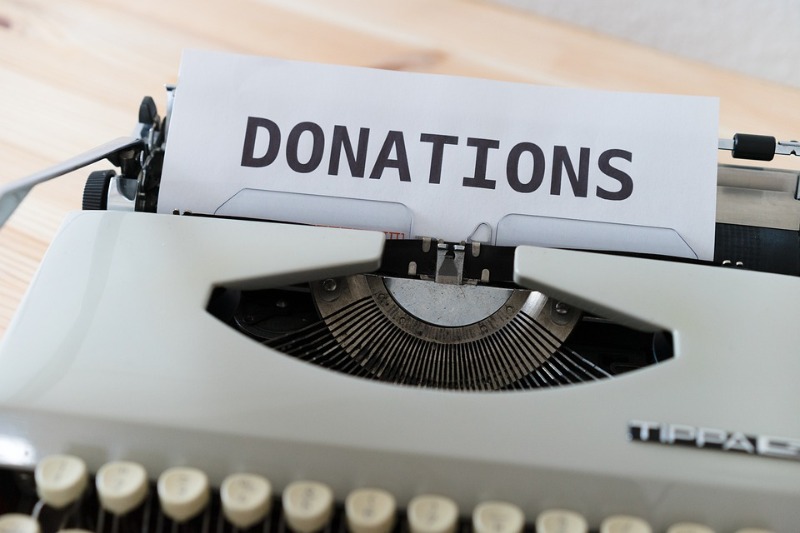
Americans contributed more than $470 billion to charity in 2020, considering the covid 19 pandemic. They still contribute millions, and generosity supports many organizations that provide health care, education, and numerous other cases. Unfortunately, scammers often like taking advantage of people’s generosity by posing as charitable organizations giving rise to what is known as Charity Scams.
They call people and ask them to donate to a charity or a cause they believe in. Some scammers go to the extent of masking the phone number to appear as a local area code on your caller ID when you answer the phone. Charity scams can sometimes be identified by the vague statements they make and the lack of specific ways your gifts are put to use. Scammers often enjoy creating fictitious names that sound similar to the names of actual charities.
Charity fraud scams can come to you in many forms: emails, social media posts, crowdfunding platforms, cold calls, etc. Always use caution and do your research when you plan to donate to charitable causes. After a natural disaster or another emergency, unethical contractors and other scammers may commit insurance fraud, re-victimizing people whose homes or businesses have been damaged. Sometimes these scammers even pretend to be affiliated with the government when they are not.
Charity scammers often ask for donations on the phone, by email, by mail, or the internet. They can ask for assistance from individuals or organizations, and their website looks too real to be not true!
Charity scams give rise to other scams, such as product crowdfunding scams. Let’s have a look!

Product Crowdfunding Scams
Charity scammers usually use social media like Youtube, Instagram, Facebook, and crowdfunding sites to ask for donations. Crowdfunding websites like the ever famous ‘Go Fund Me’ instantly collect small amounts of money from a large group of people. You may even come across a link sometimes in the form of Pop Up to donate to a fundraiser for someone in need.
It can also come as an Ad on youtube or Facebook containing real people’s photos. You may think you have donated, but the money you give never reaches the real people in need, and the worst part is that the scammers now have your personal information and money. It is recommended to never click on any links or attachments and always research whether the charity is actual before sharing it with your friends and family!
Employment Scams
Did you see a job Ad on Linked In and think that it’s too good to be true? Well, it may be. Employment scams are rampant all over the internet nowadays. Of course, scammers have always existed, but the ever-increasing use of technology has enabled them to get creative and affect more people. An employment Scam is yet another typical method through which con artists attempt to access people’s financial accounts.

How do Employment Scams Work?
In exchange for a one-time payment, the scammer guarantees to complete the work. They may also ask for your bank account details so that they can transfer commission money to you directly from their bank account. However, this is a ruse to obtain your bank account information to steal your identity. Although scammers sometimes target people via phone and postal mail, job scams are most commonly sent by email. In certain situations, job postings that turn out to be scams are approved by job search portals without their knowledge.
Moreover, generating income from home comfort has always appealed to job-seekers worldwide, and job scammers know this. Work-from-home job scams have been around for decades, but statistics show that as the pandemic came, people were forced to work from home, raising these to a great extent. These scams seek to take your money in various ways, such as by making you pay enrollment fees, training, or useless certifications, among others. Some examples of fake work-from-home jobs could include stuffing envelopes, which involves signing up by paying a fee to stuff envelopes from home reselling merchandise, which consists in buying luxury products for less than their retail price and reselling them at a higher price.
Another popular job scam is receiving a job offer through email. The email usually comes from a “recruiter/employer” who claims they found your resume on a job board or that you applied for the position. What’s weird is that you are the perfect candidate! Although you might not remember using it (because you didn’t) and the sender’s email might not ring a bell, you could still be tempted to accept the offer.
Now, the types of fake jobs offered via email are countless, but, generally, the scammer will ask you to provide personal information such as your driver’s license (which lets them know your birthday), your Social Security Number (with the pretense they need it to hire you) and your bank account information (to transfer your paychecks). Once they have such sensitive information, they could harm you in various ways, from stealing your money to stealing your identity. So clever!
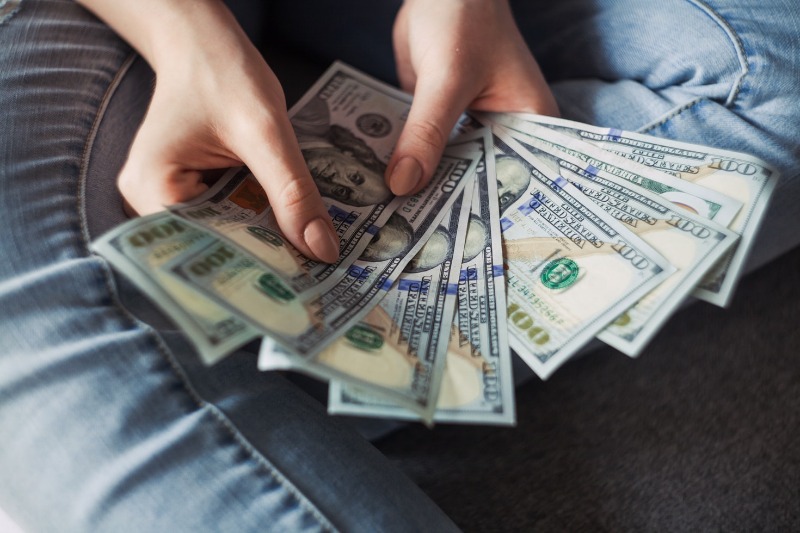
Some job scams work by promising a job with the federal government or the US Postal Service (USPS). However, if the website asks you to pay a fee to get the job or to pay for study materials so that you get a high score and qualify for the position, the job offer is a scam.
In addition to this, with the growing power of e-commerce, social media platforms have become a popular home for scammers! How this works is that they create Facebook pages or LinkedIn profiles to advertise fake job opportunities, but real accounts can also be advertising fake postings. However, both platforms try to block both fake profiles and fake job ads; sometimes, some slip through the cracks.
Twitter is another social media platform that’s not entirely guarded against fake or real accounts advertising counterfeit jobs. For example, job scams can be shared around Twitter through shortened URL links (bit.ly or ow.ly), leading to unverified sources outside the platform. When it comes to job scams on social media, it’s crucial always to verify if the social media account is legit. For example, if the account on Twitter has a small number of followers, it’s most likely a fake account. Similarly, if you google the employer’s name and more than one profile comes up, you have reason to be cautious. Also, always look for reviews and complaints!
Lastly, sometimes scammers go as far as to create fake employment or recruitment websites. This type of job scam can be harder to spot than the rest, mainly because some of these sites do a good job passing as legitimate recruitment sites. However, the job offer or recruiter doesn’t exist outside the website. This type of job scam will ask for sensitive information such as your SSN or bank details under the pretense of a pre-screening or to start depositing your paychecks immediately.

Advice from the victims of employment scams
- Don’t share any information until you have met face-to-face, and then only when you’re sure it’s a genuine company. Don’t provide these so-called employers with personal information such as your Social Security, birthdate, or bank account information unless you are given a job.
- Don’t accept money for anything (money mule), for ‘working from home scams.
- Never send your money. You should never have to pay a company to get hired.
- Don’t make personal and sensitive information visible on your social media profiles.
- Always Google before. If you Google the name of a company and don’t find a website for the firm, be alert as you might be dealing with an imaginary company conjured by a scammer. Moreover, if the company doesn’t reveal its name in a job posting, it is a red flag too.
- If invited to do a phone interview, make sure the interviewer phones you – (you may be at risk of a premium rate number scam).
Other Salient Scams

Apart from this, people usually donate around holidays which the scammers take advantage of. As it might be the holiday season, they pressure you to contribute, and if you don’t, you feel guilty. They may thank you for a donation in the past even if you don’t remember doing it to seem legit. However, please remember that real charities accept donations all year round, and if you don’t remember giving any, you probably have not.
In addition to this, scammers may sometimes say they are collecting donations for your local firefighters, veterans, or police. They can emotionally trap you into believing that they are sending care packages to service members. Nevertheless, whatever the situation may be, do not just give; instead, call your local police or fire department and ask them if they are collecting money or not.
CHAPTER 3: The Global Pandemic is Causing a Rise in Banking Scams All Around The Globe
During the coronavirus crisis, the world has witnessed great examples of humanity helping each other. All over the world, an army of volunteers has stepped up to help the vulnerable and those in need. Unfortunately, there is a rise in charity scams, as fraudsters seek to exploit the crisis to carry out cybercrime. Scammers basically claim to be from a legitimate organization. The victim is invited to click on a link that leads to a fake website or asks the victim to make a cryptocurrency such as a bitcoin payment.
Also, a charity employee working from home may receive an email that requests future payments to be made on an alternate bank account that a scammer controls. How low can people get in hard times like the coronavirus pandemic? How mean is that? Not only this, scammers often offer fake home test kits and cures or vaccines that do not even exist. They may target patients by offering Covid-19 testing in an attempt to steal information. They can ask to pay in advance through banks, claiming they will come to your doorstep to perform the test.
It is always recommended to watch for these fake charity scams. But in times of a crisis like the Coronavirus Pandemic, when people have an increased desire to help by giving, it’s even more important to be alert. You can bet that scammers are already trying to trick people into giving their dollars or personal information to fraudulent charities.
To help avoid becoming a victim, do your research before giving to any charity, and look for some of these scam red flags.
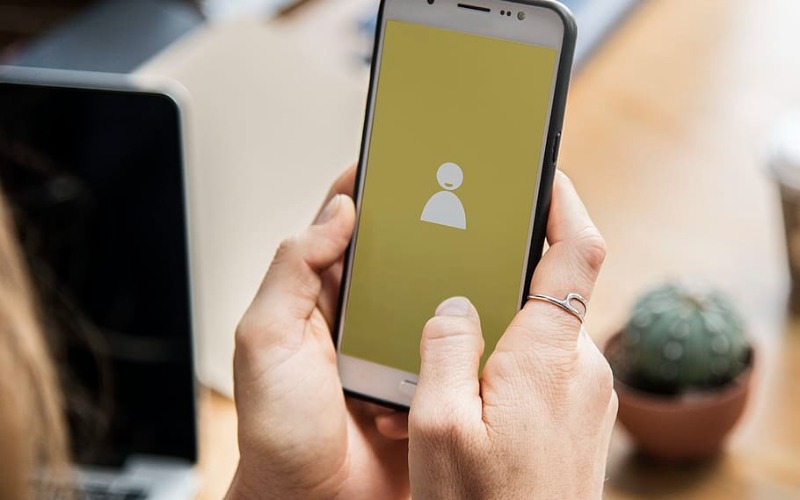
CHAPTER 4: Protect Yourself Starting Today!
Here are some ways to help you identify charity scams and avoid them in the first place.
- Take time to research. Verify if the organization is legitimate and whether the charitable organization you are considering donating to is allowed to raise money in your area or not.
- Look for warning signs. Real charities won’t pressure you to donate immediately.
- Identify the payment methods. Be aware of wire transfers, cash, and gift cards!
- Donating directly is always better. Contact a charity directly to learn more about its needs and where it is sending donations.
- Protect your personal information. Authentic charities won’t ask for your bank account information or credit card numbers by phone or email.
- Lastly, get rid of emails with attachments! These attachments often contain viruses and malware that can infect your computer.
If you, unfortunately, become a victim, document it by writing down anything you remember about the conversation that encouraged you to donate in the first place. Write details such as the person’s name, organization, date, the amount they asked, how much you contributed, and the medium used to donate. Secondly, take action and report to the state and federal agencies. Lastly, let your friends and family know to increase awareness or to get some support for yourself.
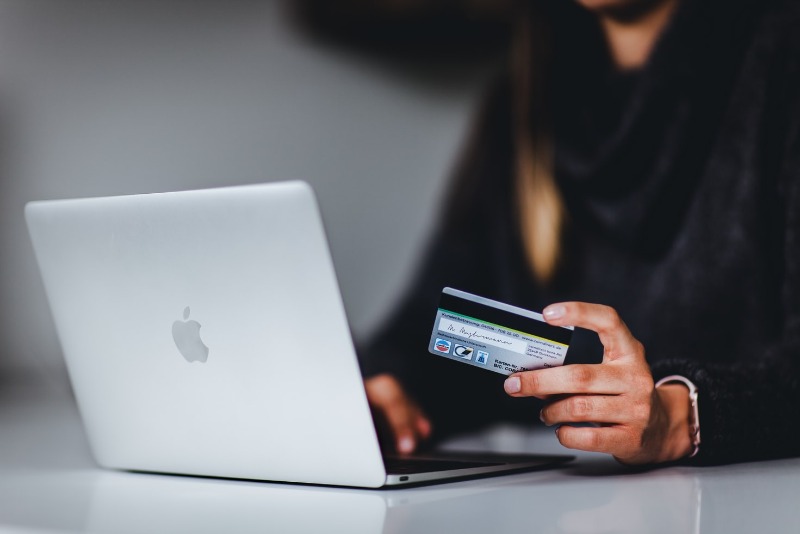
CHAPTER 5: Blacklisted Companies Known For Conducting Banking Scams Which You Should Never Have to Deal With in 2020
A company is blacklisted when it becomes part of a group of persons the government or another organization believes cannot be trusted or has done something wrong. Criminals frequently use bank scams to access people’s personal and financial information. Online Payment has become far more accessible, convenient, and safe than the traditional. It reduces the health and safety concerns due to a contactless transaction, especially during these times of covid 19.
But you cannot ignore the severe consequences that come with it; scams. Banks are building up secret blacklists of thousands of malicious companies to prevent customers from losing their hard-earned cash. The lists include copycat firms which charge excessive fees for official services such as passports, driving licenses, and European Health Insurance Cards.
Some of the examples of blacklisted companies are mentioned below;
DO YOU SUSPECT THAT SOMEONE HAD SCAMMED YOU?
If you have suspicions of a scam or phishing attack, you can rely on experts to help you with protection, mitigation, and fund recovery.
You will feel safe knowing that experts with years of experience will be guiding you!

Africa Development Professional Group (ADP)
The company provides consultancy and advisory services on management, investments, business solutions, corporate finance, and business development. Nairobi-based consultancy firm Africa Development Professional Group (ADP) is the latest firm with Kenyan links to join the financiers’ blacklist after the World Bank banned it for alleged fraud. Last week, the World Bank said an investigation conducted by its corruption-fighting unit had established that ADP had engaged in fraudulent practices during a bank-funded project in Somalia.
According to the facts of the case, ADP recklessly omitted the disclosure of a conflict-of-interest relationship when submitting a proposal for a contract under the project, which is a fraudulent practice. ADP and its affiliates have been debarred for 21 months and will be ineligible to participate in any World Bank-financed projects.
1ST GULF INTERNATIONAL (AKA FIRST GULF INTERNATIONAL)

Gulf International Bank B.S.C. (G.I.B.) is a pan-GCC universal bank supervised by the Central Bank of Bahrain. It was founded in 1975. Although, the company is not regulated by the F.C.A. and is aimed at persons in the United Kingdom. It was blacklisted for many reasons. One of them falsely claimed affiliation with Gulf International Bank (U.S.) Limited, New York City, or Gulf International Bank (U.K.) Limited, London, England.
ABSUISSE
Credit Suisse Group AG, established in Switzerland, is an international investment bank and financial services firm. The hidden wealth of clients implicated in torture, drug trafficking, money laundering, corruption, and other significant crimes have been revealed thanks to a massive leak from Credit Suisse, one of the world’s largest private financial institutions. The breach, which indicates the identities of the recipients of more than 100 billion Swiss francs (£80 billion)* held by one of Switzerland’s most well-known financial organizations, includes information on 30,000 Credit Suisse clients worldwide. The leak reveals pervasive Credit Suisse due diligence failures despite repeated promises over decades to screen out problematic clients and criminal assets.
A human trafficker in the Philippines, a bribery-charged Hong Kong stock market head, a billionaire who ordered the death of his Lebanese pop star lover, executives who robbed Venezuela’s state oil business, and corrupt politicians from Egypt to Ukraine are among them. An anonymous whistleblower gave a large amount of banking data to the German publication Süddeutsche Zeitung. The whistleblower source claimed, “I believe that Swiss banking secrecy regulations are immoral.” “The excuse of protecting financial privacy is only a fig leaf for Swiss banks’ reprehensible position as tax evaders’ collaborators.” Credit Suisse stated that tight banking privacy regulations in Switzerland barred it from responding to specific client allegations.
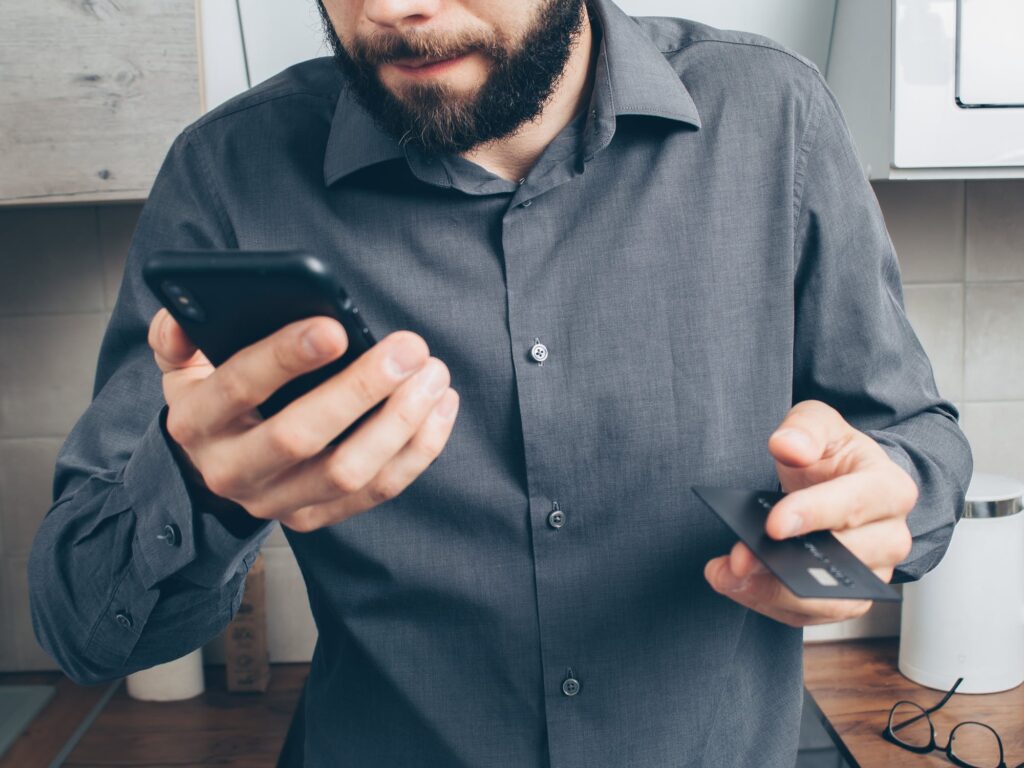
Lastly, after exposing ” fraudulent practices ” in an emergency medical aid program, the World Bank has also blacklisted an anonymously owned UK shell firm. In the latest blow to the reputation of British corporate governance, the lender has banned Edinburgh-registered NovoLine Resources LP from bidding in its procurement processes for three and a half years. The move came after an investigation into contracts the firm won to supply vital equipment to Uzbekistan’s health ministry. Officials at the World Bank, funding the purchases, found that NovoLine Resources had submitted fake documents, including false financial statements and a wrong past sales contract to supply a similar kit.
Learn To Bounce Back From A Banking Scam - Put An End To Them Completely!
Scammers are constantly thinking of new ways to scam people through banking as the world evolves. It is safe to assume that you are being scammed if anyone asks for your bank or personal details. The most effective method of avoiding having your bank account or other personal information compromised is to be proactive in controlling who has access to your information. Because your bank accounts serve as the conduit via which you access and interact with so many elements of your financial life, scammers are ready to take advantage of any opportunities to exploit any vulnerabilities associated with your financial transactions.
There are numerous scam companies in the banking market apart from those listed above in the banking market. Although no one can guarantee you 100% safety, you should stay away from companies like these with vague backgrounds at any cost! The list of black-listed companies is never-ending and is known as looting traders due to their manipulative trading practices, lack of regulations, and failure to perform what they promised in the initial stages.
Remember! It’s never too late to report. Banking scams are now everywhere, but that does not mean you cannot avoid them or recover through them; research where to get help and protect yourself from scams. Visit authentic recovery websites and spread the word to your loved ones to keep them safe. Enjoy!
do you need help?
A lot of those who contact us have questions and concerns about their personal and business data being compromised. We aim to arm you with the legal and technical know-how in the fight against scams. Also, we will be able to refer you to top scam recovery agencies.
Please fill up the form. Rest assured that our support team will get in touch with you

